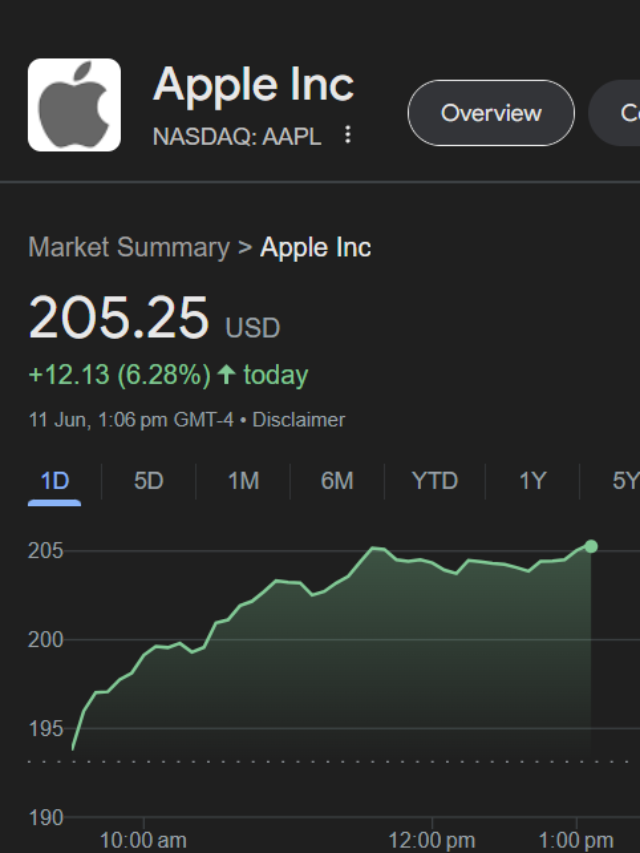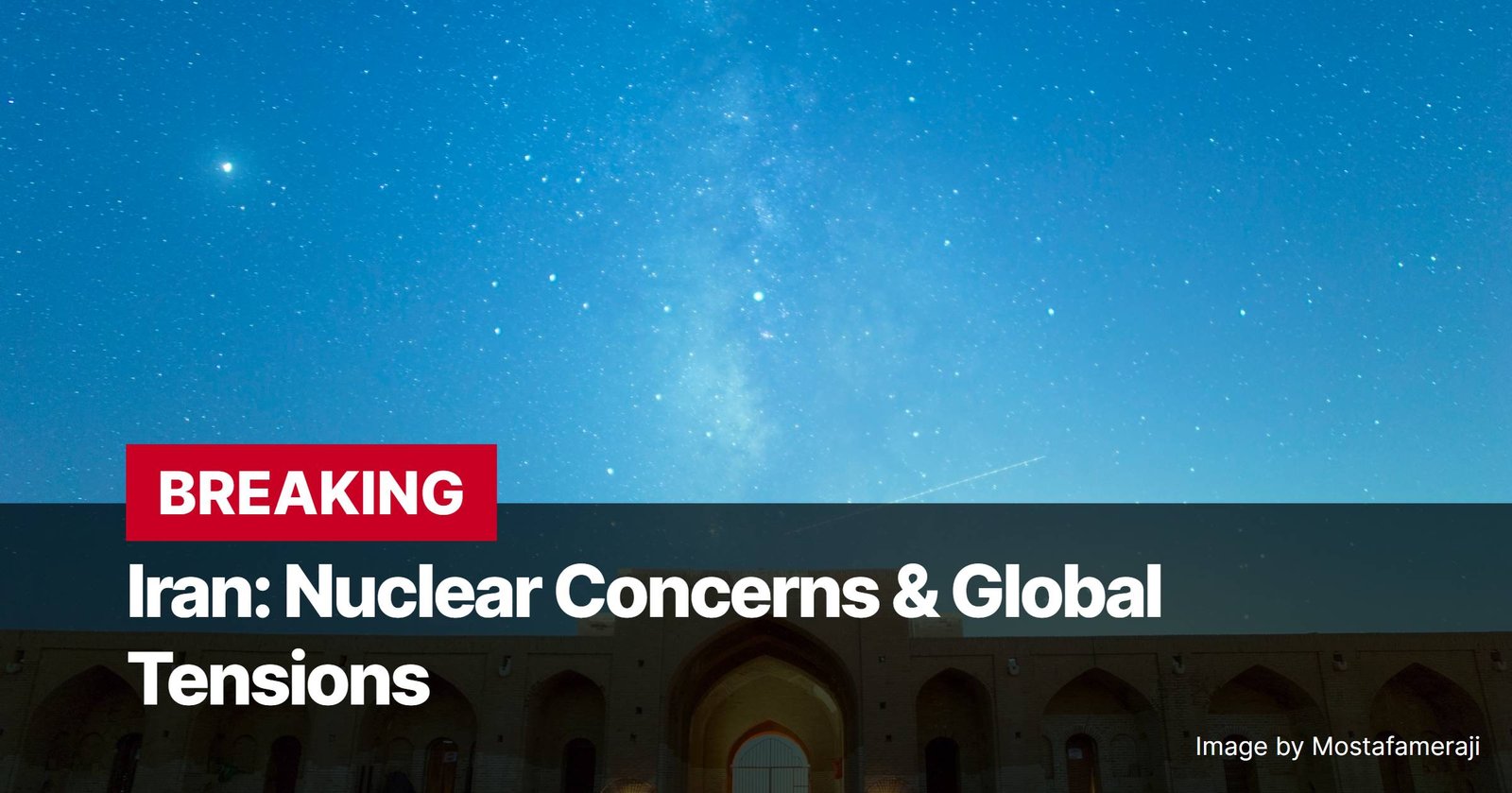Former Arkansas Governor Mike Huckabee finds himself back in the political spotlight, not as a presidential hopeful, but as President-elect Donald Trump’s nominee for U.S. Ambassador to Israel. This unexpected appointment, announced just yesterday, has sparked considerable discussion and no small amount of controversy, given Huckabee’s outspoken views and past political career.
Huckabee’s long and varied trajectory, from Baptist minister to two-time presidential candidate, has been marked by a blend of folksy charm and staunchly conservative positions. His time as Arkansas governor from 1996 to 2007 showcased a focus on fiscal conservatism, alongside initiatives promoting health and wellness, notably his own highly publicized weight loss journey. However, it’s his deeply held religious beliefs and their intersection with his political stances that have often drawn both praise and criticism.
The ambassadorship to Israel is a particularly sensitive post, requiring a delicate balance of diplomacy and unwavering support for a key U.S. ally. Huckabee’s nomination raises questions about how his strong pro-Israel views, often expressed in stark terms, will play out on the international stage. He has previously questioned the existence of Palestinians and referred to the West Bank as Judea and Samaria, terminology reflecting a distinctly partisan perspective on the Israeli-Palestinian conflict. This rhetoric, while resonating with some segments of the American population, could complicate efforts to foster dialogue and peace in the region.
Beyond his stance on Israel, Huckabee’s socially conservative views on issues like abortion, same-sex marriage, and the role of religion in public life have generated controversy throughout his career. Critics point to past statements they deem inflammatory and divisive, questioning his suitability for a diplomatic role. Supporters, however, emphasize his charisma, communication skills, and deep connection with a specific segment of the American electorate, arguing that these qualities could be assets in representing U.S. interests abroad.

While the nomination has garnered support from certain quarters, others have expressed concern. His recent defense of an individual who refused to issue marriage licenses to same-sex couples, invoking the now-overturned Dred Scott decision, has drawn criticism for comparing same-sex marriage to slavery. This and other instances where he has expressed socially conservative views raise concerns about how his approach will be perceived by a global audience and whether it aligns with the Biden administration’s priorities for promoting diversity and inclusion. The nomination also rekindles scrutiny over his past pardons and commutations as governor, particularly the case of Maurice Clemmons, which continues to draw criticism.
Huckabee’s media career, including his long-running talk show and various political commentary roles, provides another layer to his public persona. He has effectively used these platforms to communicate his views to a wide audience, building a strong base of support. However, his media presence has also amplified controversial statements and actions, increasing scrutiny of his public record.
The Senate confirmation process for Huckabee’s ambassadorship is likely to be closely watched, as his qualifications and suitability for the role are debated. The discussions will likely revolve around his political positions, past statements, and diplomatic experience, or lack thereof. This nomination underscores the complexities of selecting ambassadors, particularly for posts as critical as Israel, and the potential ramifications of choosing individuals with strongly held and publicly expressed views. The upcoming confirmation hearings will offer a crucial opportunity to further explore these issues and determine whether Huckabee’s appointment ultimately serves U.S. interests and contributes to stability in the region.



















